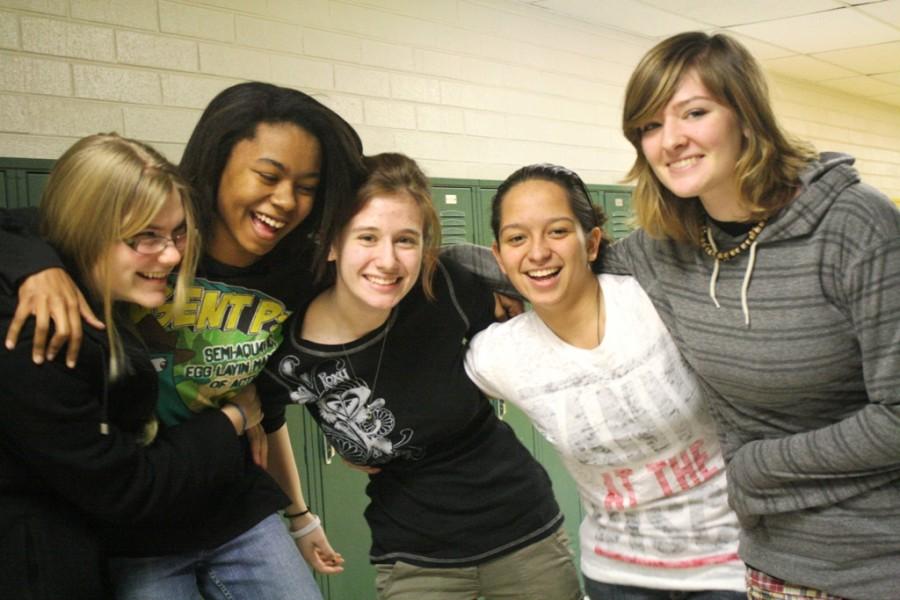Of course I’ve heard about racism and discrimination—in the news, in movies and quite often from my mom’s lessons on how things were “back then”. And until sophomore year, I had never heard someone say the n-word to someone else with the intention of hurting that person.
But then everything changed. One day, someone came up and said the word to my face. In the moments afterwards, I nervously laughed it off and walked away with my friend, trying not to read into the comment. My mind was whirling as I thought to myself, “Oh, it happens all the time, no big deal. I’ll just brush it off and not worry about it, and it will all go away, right?”
Wrong.
I didn’t realize until after I had talked to a friend about the incident that it was not something to be taken lightly. Every day in schools all over the world, people are discriminated against for their mental handicaps, skin color or sexual preference. Because of the bullying they have to endure every single day, many of them believe that the world would be better off without them.
I wasn’t in this dark of a mindset to think that I shouldn’t be living, but I was in shock and I wasn’t sure what to do. Eventually, I realized that I should report the person because they could have done the same thing to other students and caused them much more mental and emotional stress.
It’s disappointing to see mindsets similar to this at my own school. I walk the halls of Langley and hear “that’s so gay” or “that’s retarded” or see a Caucasian person calling another Caucasian person the n-word. I am particularly sensitive to the word ‘retarded’ because my older brother is mentally handicapped with Autism and Aspergers, making him socially awkward.
Maybe you don’t think twice about calling your friend “gay”, saying someone is “retarded” or calling someone another offensive word. Take a step back for a moment and remind yourself of how many people are affected by those words every day and then remove them from your vocabulary. Pat yourself on the back—you could be saving lives.


